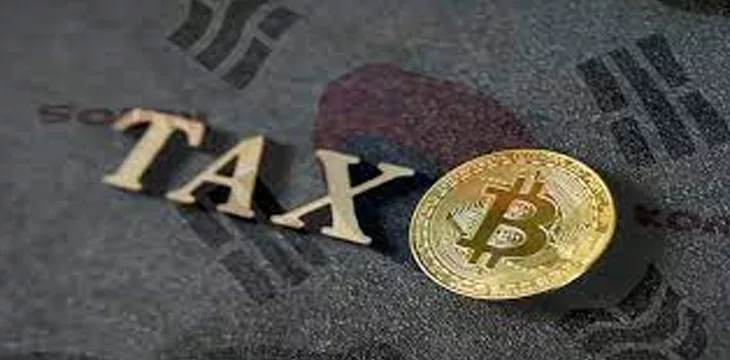|
Getting your Trinity Audio player ready...
|
South Korean police have launched an inquest into the source of a leak that exposed the government’s digital currency taxation plan. The leak revealed that South Korea was proposing a 20% digital currency gains tax.
The Ministry of Economy and Finance published the revised tax code that contains the new digital currency tax rules this week. It revealed that the government will impose a 20% tax for all income emanating from digital currency trading. The Ministry noted that the amendments were necessary, pointing to international standards which classify digital currencies together with stocks and derivatives.
Those that make below KRW2.5 million ($2,076) annually will be exempted from the tax as it falls below the minimum threshold.
The new tax code will require the traders to calculate and pay their annual income tax every May. It also incorporates foreigners trading on Korean exchanges who were previously exempted from the taxation.
However, the tax code has yet to be approved by the country’s legislature. If it sails through parliament, it will come into effect in October 2021.
While the new tax code was published just days ago, media outlets have been reporting about it for over two weeks now. This indicates there was a leak before the government officially revealed the tax code, and the Korean police are on the hunt for the culprit.
As local daily Kyunghyang Shinmun reports, the first reporting of the new tax code was by ‘a state-themed website.’ This was quickly picked up by digital currency news outlets, both local and beyond. The Sejong District Police, through its Metropolitan Investigations Team, is investigating the leak.
As CoinGeek reported, the proposed tax code will also classify digital currencies as goods and not currencies. This was after a precedent set by a local court that declared that digital currencies “are increasingly being traded as goods with property value.”
South Korea expects to gain a sizeable amount of money in taxes from the industry, with the traded volume in the country rising rapidly in recent years. According to the Financial Services Commission, South Korean exchanges facilitated over $1.6 billion worth of daily trading volume over the past five years.

 03-05-2026
03-05-2026 




